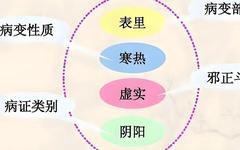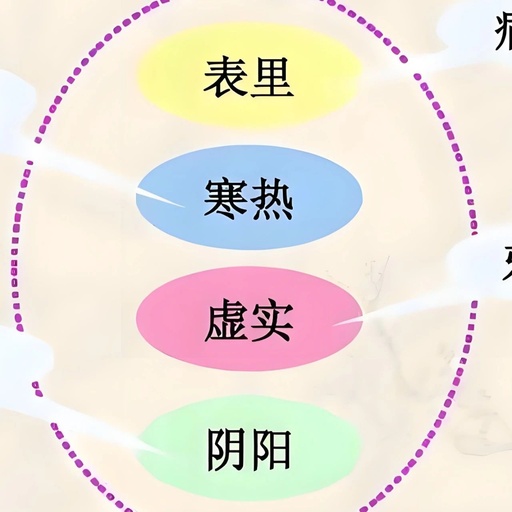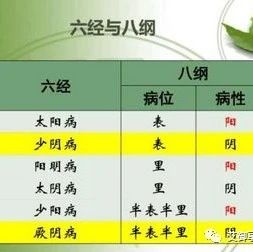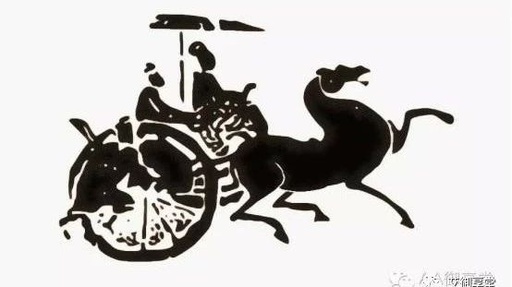Comprehensive Guide to the Eight Principles of Diagnosis in TCM
1. Concept 1. Eight Principles: Refers to the eight diagnostic principles: Exterior, Interior, Cold, Heat, Deficiency, Excess, Yin, and Yang. 2. Eight Principles Diagnosis: This is the process by which a physician uses the Eight Principles theory to analyze and synthesize various clinical data obtained through observation, listening, questioning, and pulse diagnosis, in order to … Read more










